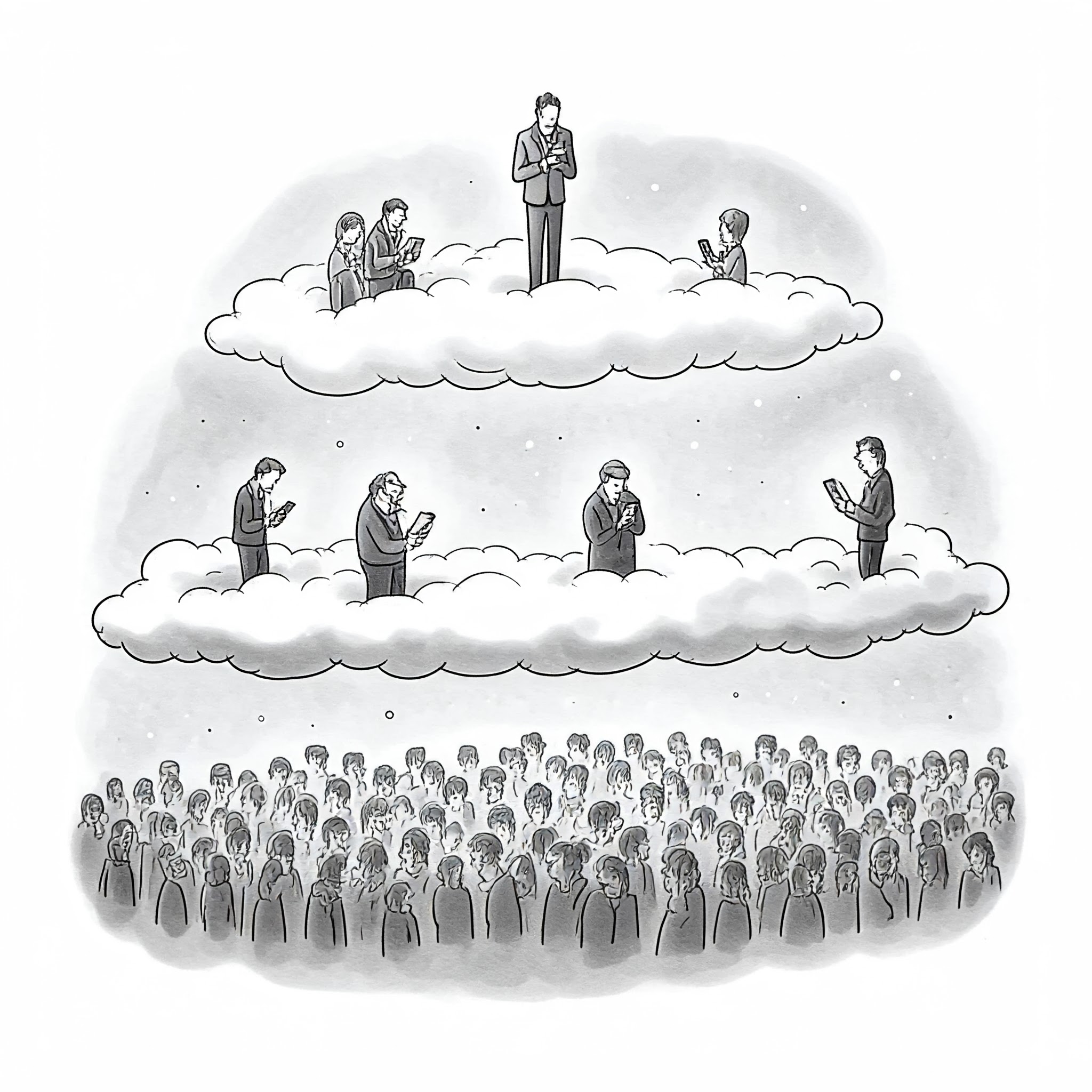
How Social Media Fuels Our Inner Authoritarianism
Across the globe, authoritarianism is on the rise. While its exact causes remain debated, I believe social media plays a significant role. The governing structure of social media platforms is inherently authoritarian. Their owners wield ultimate control over what content is allowed and, more crucially, what gets promoted through algorithms. These decisions, often subtle, have profound implications on our values and worldviews.
Take Twitter, for instance. For years, it imposed a 140-character limit, incentivizing users to share reductive political soundbites rather than complete, nuanced thoughts. This format encouraged reactionary commentary, with users pulling statements out of context and responding based on gut reactions. Over time, civil discourse deteriorated, leaving both sides entrenched in their positions.
Instagram, on the other hand, introduced a feature to suppress political content, enabling it by default. Meanwhile, Meta has formed an Oversight Board to rule on controversial moderation decisions. This body, often likened to a “Supreme Court” of online speech, decides what constitutes free expression. Yet, just like the unelected Supreme Leader in Iran, we, the users, have no say in who makes these decisions.
Silicon Valley’s liberal tilt has long provoked complaints from right-wing commentators about bias. Elon Musk’s acquisition of Twitter, rebranded as X, aimed to counterbalance this. However, the fundamental governance structure remains authoritarian, regardless of who holds the reins.
The impact of this governance is subtle but significant, especially for younger generations who increasingly view their online identities as more authentic than their offline lives. These digital platforms, governed by opaque algorithms, shape our values and expectations about the world.
In countries like Russia and China, most citizens have become politically disengaged, having long ago resigned to the fact that they have no real power to effect change. Similarly, social media users frequently gripe about “the algorithm,” yet most don’t take meaningful action to challenge it because they can’t.
This authoritarian structure also creates a new kind of social hierarchy, where users are ranked by their authority and influence—measured by the number of followers or subscribers they have. It’s far from a democratic model where everyone’s voice carries equal weight. Instead, the voices of those with a million followers drown out those with just ten thousand, and those with ten thousand overshadow those with only a thousand.
Before the Internet, most citizens had roughly the same influence on public opinion. Now, everyone knows someone who wields significantly more sway. This awareness has transformed our expectations about power.
Younger generations, raised in this digital ecosystem, now expect to have a significant influence over others. Even those without it feel they should, comparing themselves to friends with larger followings. This gap between expectation and reality often leads to frustration, anger, and ultimately despair. Older generations suffer less from this disconnect, having grown up in a time when individuals didn’t expect to shape public discourse (because there was no means to). Some people still refuse to use smartphones; we can imagine that they wouldn’t expect to have any influence on strangers.
But for the younger generation, despair leads to fantasies of power—and an authoritarian leader who can enforce their vision of right and wrong becomes appealing. Figures like Donald Trump, Elon Musk, and Mark Zuckerberg become aspirational because they can impose their values on the world with the flip of a switch. When we agree with what they do, we do not think of them as “authoritarian,” only when we disagree, even though whether their values are good or bad is irrelevant to the idea of authoritarianism. All authoritarian dictators believe they are doing good.
I agree with political analyst Ian Bremmer: the next global superpower won’t be a nation-state like China but rather corporations that own and control the technologies we use daily. As more of our waking hours are spent online, the governance of our digital lives will become more consequential than the governance of our offline lives. Meta’s Oversight Board could one day be more influential than the U.S. Supreme Court. In many ways, we are already living under an authoritarian regime — and it’s no wonder that democracy feels under siege.
To counter this, I believe the government should regulate social media platforms as it does other critical industries, such as banking. We need to establish truly democratic governance for these platforms, moving away from the Iran-style pseudo-democracy we currently endure. The algorithms that shape our world should be in the hands of the people. I also advocate for banning the display of follower, like, and comment metrics, even privately. This would restore a healthier sense of influence and reduce the constant pressure to amass followers, which is particularly urgent for teens.
Ultimately, however, the decision should lie with the people—not with a handful of tech executives.
Subscribe
I will email you when I post a new article.


